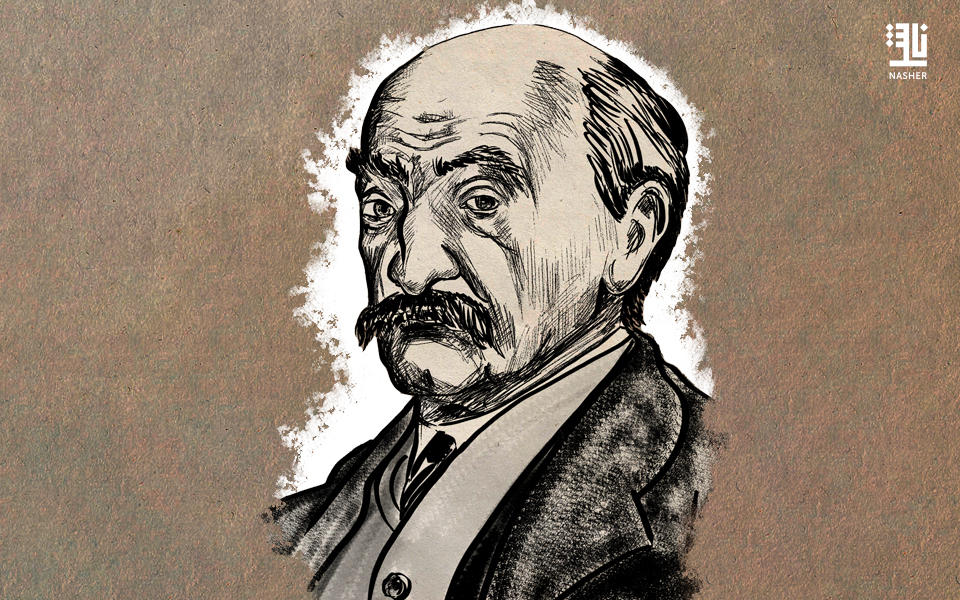A campaign is under way to raise £60,000 in order to create a free online collection of more than 150 boxes of material related to literary icon Thomas Hardy’s life.
It’s being led by the Dorset Archives Trust, which has set up an online crowdfunder to transform the Unesco-listed Hardy archive into an internet catalogue.
The collection consists of diaries, photographs, letters, books, architectural plans and poetry and is almost invisible to the wider world. The archive contains such items as the manuscript of the Mayor of Casterbridge, correspondence to Hardy from such luminaries as T. E. Lawrence and Siegfried Sassoon and the plans for Max Gate.
The Dorset History Centre in Dorchester is keen to undertake a project, led by an archivist working with volunteers to unlock this ‘fantastic resource’.
It estimates that it will take around 18 months to complete but once done, Hardy’s archives will be permanently discoverable online – and anyone can then come to the History Centre to view the physical collection.
The fundraising campaign is being supported by the Thomas Hardy Society
The society’s chairman Richard Franklin said: “The Hardy Archive on deposit at the Dorset History is the biggest and most important collection of material about Thomas Hardy in the world.
“Having access to it is vital to any research into the life and work of the great Dorset author.
“We need the financial support of all those who are interested in and love the writings of Hardy to make the archive available to all.”
The poet and novelist Thomas Hardy is perhaps most famous for his powerfully visual novels, concerned with the inexorability of human destiny.
Thomas Hardy was born in Higher Bockhampton, Dorset – and the fictitious Wessex where he sets most of his novels is clearly inspired by south-west England. Son of a stonemason, and trained as an architect, he wrote in his spare time until the success of Far From The Madding Crowd (1874). He could then give up architecture for writing, and marry Emma Gifford, whom he had met in Cornwall in 1870.
Between 1874 and 1895, he wrote over a dozen novels and collections of stories, including The Return of the Native (1878), The Mayor of Casterbridge (1886) and Tess of the d’Urbervilles (1891). After the adverse reception of the savagely bleak Jude the Obscure (1895) he turned to poetry, which he continued to write and publish throughout the rest of his life.
By the end of the 19th century, he had gained an international reputation and a wide circle of literary friends. His changed circumstances led his and Emma’s interests to diverge; in many of his novels, impulsive passion leads to disaster. Their rift was increased by Emma’s objection to the unremitting gloom of Jude the Obscure, and its pessimistic view of marriage. However, after her death in 1912, Hardy suffered deep remorse; a visit to the Cornish coast where he had met Emma produced a stream of magnificent poems in her memory, published as Poems of 1912-13. In 1914 he married his much younger secretary, Florence Dugdale.
He died at Max Gate on 11 January, 1928, the house in Dorchester that he had designed himself over four decades previously.







